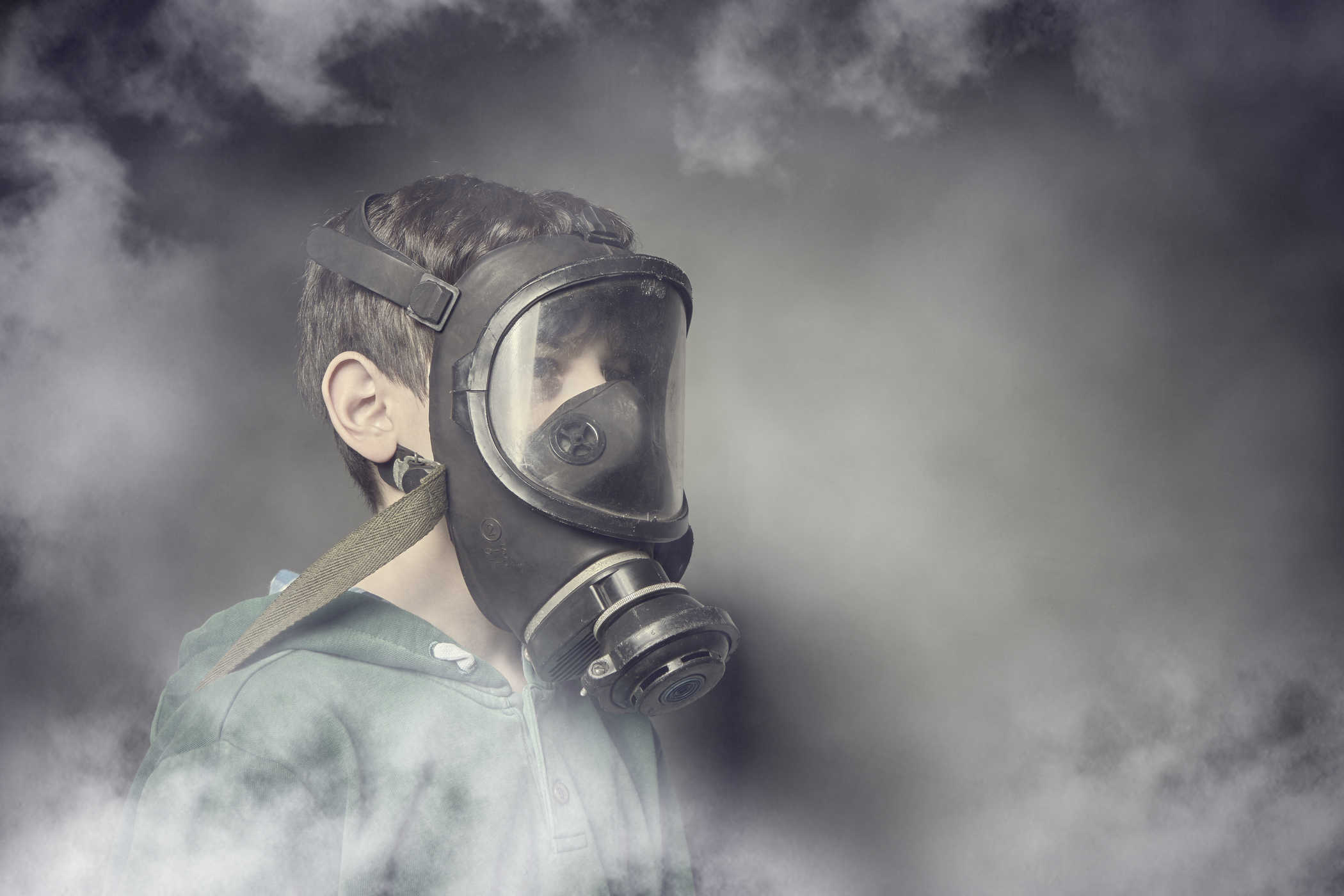Contents:
Medical Video: An Amazing, Emotional Recovery From Stroke
After a stroke, keep in mind that you are the most important person for your own recovery. You must have great motivation in doing your treatment. This condition may be difficult for you and you may sometimes feel like just resting and letting someone else take care of you.
Make sure other people understand that you want to be involved in decisions about your care. Express your wishes and give opinions about things that affect you. Talk to your doctor about your concerns. Ask questions if you want to know something.
If you need extra time to think or you have difficulty speaking, try not to let others make decisions for you without hearing what you say.
If you have problems speaking, you may have difficulty making other people understand your desires. Ask someone to help you express your ideas and needs. Write it down if you can also help.
If you feel that someone is belittling you or talking about you behind you, then try to express your concern.
Know and follow all therapy and rehabilitation (rehab) programs. Most people think that rehabilitation is a hard work and a slow process, but this is important. Easy tasks and activities for you before a stroke often seem more difficult after a stroke, and rehabilitation will help you deal with this.
Feeling sad about the strokes and defects that are produced is a normal thing. But if you experience depression, this condition can interfere with your recovery. The first time you feel stressed, talk to your family and doctor. Early treatment for depression can prevent delays in recovery.
Exercise to prevent strokes
Exercising can help reduce high blood pressure, which is an important risk factor for stroke. It can also help you control other things that put you at risk, such as obesity, high cholesterol and diabetes.
Exercising regularly is important. Try doing activities that increase your heart rate. Exercise at least 2½ hours a week. One way to do this is to be active 30 minutes a day, at least 5 days a week. Starting with exercise for 10 minutes or more throughout the day and week is also no problem. Start slowly and gradually form your training program.
If you already have a stroke or transient ischemic attack (TIA) and you can still do physical activity, doctors recommend moderate exercise for ½ to 1 ½ hours a week. One way to do this is to be active for 30 minutes a day, 1 to 3 days a week.
Moderate activity is safe for most people, but it's better to consult with your doctor before you start an exercise program. You can use your heart rate to find out how to exercise.
Low-intensity exercise, if done every day, can also have some long-term health benefits and reduce the risk for heart problems that can cause strokes. Low intensity exercise has a lower risk of injury and is recommended for people with other health problems. Some low intensity activities such as:
- Strolling
- Gardening and other activities on the yard
- Cleaning the house
- Dance












